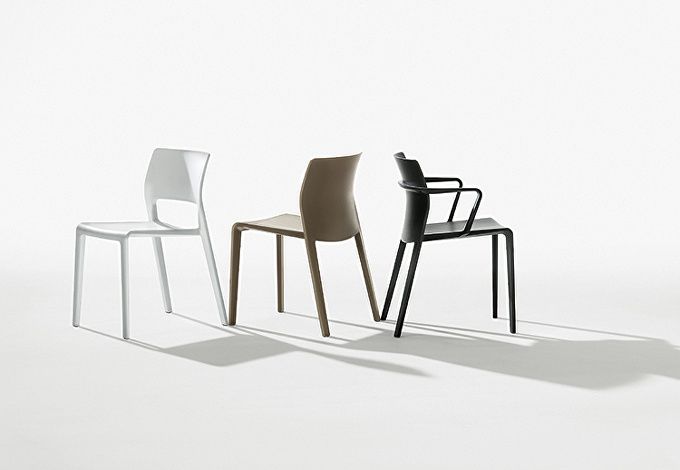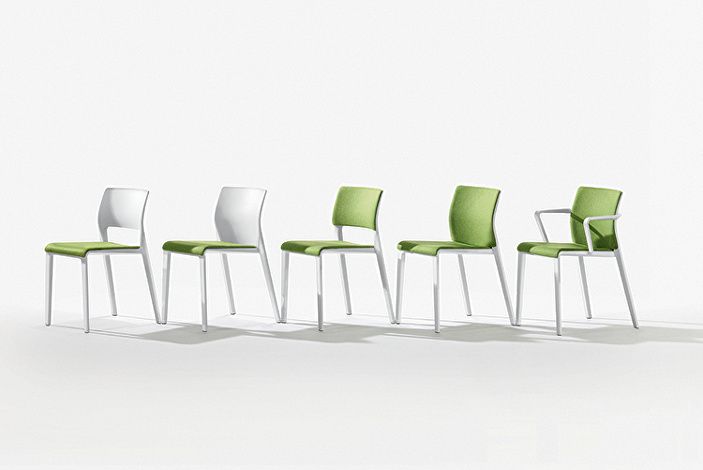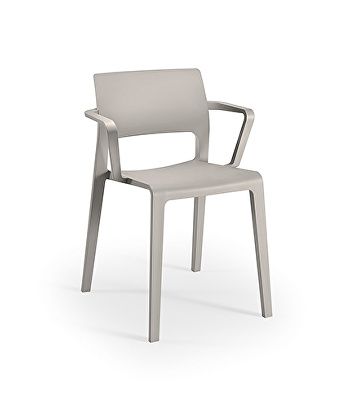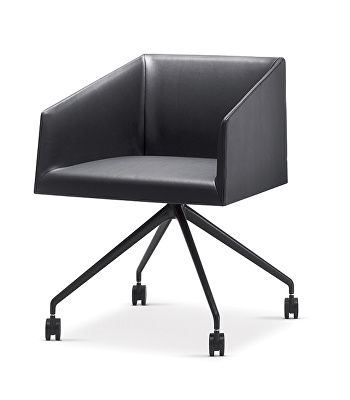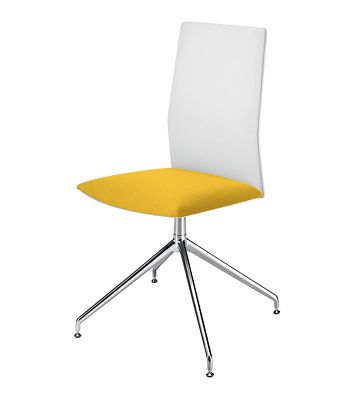Juno — Closed backrest with armrests
Arper
Juno — Closed backrest with armrests
View in 3D Enquire Add to Wishlist
| ID | Filename | Size | |
|---|---|---|---|
| 1 | Arper_GG_Gold_28859_420_Juno.pdf | 332.17 kB | Login to download |
| 2 | Arper_Geca_certificate_ARP2017.pdf | 98.75 kB | Login to download |
| 3 | Arper_TUV_Certificate_Z1A_15_11_78117_003_Juno.pdf | 516.44 kB | Login to download |
| ID | Filename | Size | |
|---|---|---|---|
| 1 | Arper_Juno_3D_chair_closed-backrest_3603.3ds | 1.84 MB | Login to download |
Designer
James Irvine
Born in London, James Irvine graduated from the Royal College of Art London in 1984. That same year he moved to Milan, Italy to begin his practice as a design consultant for Olivetti. In 1987, he worked at the Toshiba Design Centre in Tokyo. At this time, he began his own design practice in Milan. From 1993 to 1999, he was a partner of Sottsass Associati Milan responsible for industrial design. His studio in Milan has worked with numerous internationally renowned companies. Distinguished visually by a geometric formalism, Irvine describes his practice as ultimately guided by a concern for the end user, an independent spirit and attention to the quality of life. In 2004, Irvine was elected RDI (Royal Designer for Industry) by the Royal Society of Arts in London. After James’ sudden death in 2013, the thirty-year history of his office evolved into a new phase, in which the three key words are precision, irony and generosity. Precision in design, irony in communication, generosity in art directorships. Studio Irvine, now as in the past, is always ready to take up new challenges.


Arper
At Arper, they create chairs, tables, and furnishings for community, work and home.
They're motivated by relationships: between products and spaces, spaces and people, people and their networks. They frame everything—their soft, essential design sensibility, their direct and personalized service, organizational and corporate policies, their global brand identity—in terms of human values.
A FAMILIAR STORY — They are a fast-growing company founded in 1989—a family business guided by an integrative, human-centered approach. They have grown from a furniture manufacturing business to an international design presence, dramatically increasing their turnover and adding hundreds of new employees to the Arper family.
DESIGN APPROACH — Every part of the product development process—from design to production to long-term impact—is carefully considered, bringing function, aesthetic, detail together in elegant resolution.
A UNIQUE SENSIBILITY — Arper's design ethos is based on the versatility of essential forms. Over time, their approach has evolved around six core concepts: Balance, Family, Intuition, Light, Color, Play.


